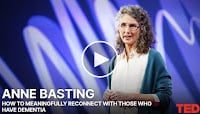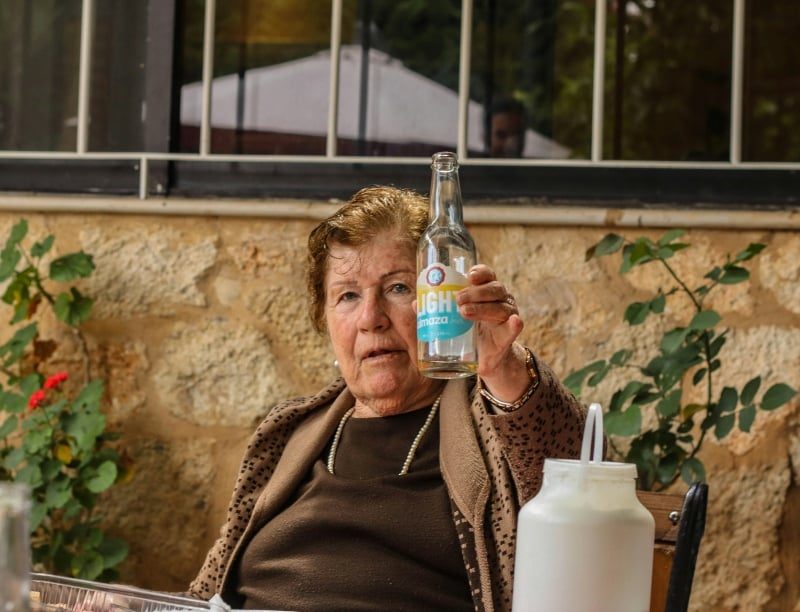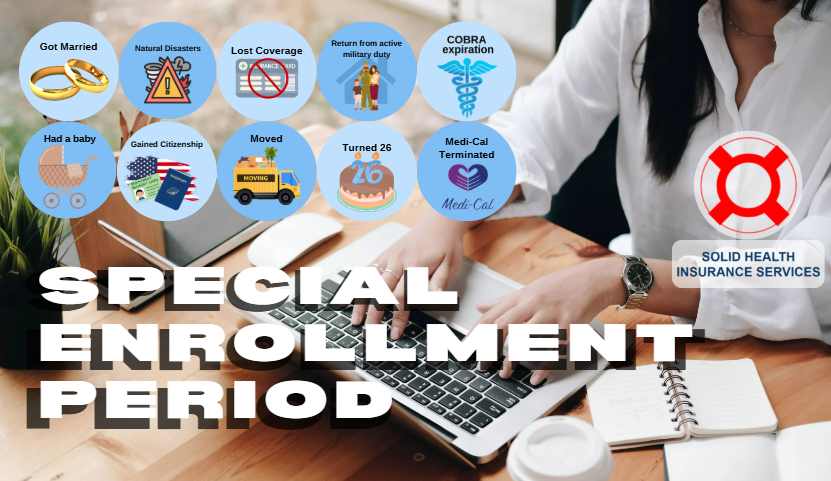Reflecting on my earliest memories, I can’t recall a time when I wasn’t experiencing extremely oversensitive emotions of anxiety, anger, and depression. Managing my feelings was a tremendous challenge, and I didn’t understand how to handle being more sensitive than others my age.
Luckily for me, my family was very aware of the importance of mental health and when I was in middle school, they sought professional treatment for me. While I grew up, my family supported me, helped me understand what mental health is, demystified it, and showed me it is OK to struggle with it.
But, even so, I always believed there was something “wrong” or overtly different about me. The messages we consume, our environments, and our culture as a totality teach us there is something wrong if we can’t control our emotions or have mental illnesses. Because of this ingrained stigma, I didn’t want to continue seeing a psychologist at university because I thought it would reinforce these beliefs.
This had a very negative consequence for me. During my third year in university, my entire existence became scattered and felt almost lifeless. I had emotional support, but I still felt lost and alone. I tried my best to manage my emotions but felt like I was starting over, as if I hadn’t learned anything while seeing a psychologist for all those years. It was a very difficult time. I was incredibly angry with my circumstances, so I decided to engage in self-harm.
Growing up, I thought about suicide, but I never considered physically harming myself in any way. At that moment—the first time I experienced that intentional pain in my left arm, it awfully and drastically changed my life. In a horrible way, it opened up another world I never knew existed, and that pain held meaning to me. I wanted to have control of my emotions again. I tried to control the physical pain because I couldn’t handle the mental pain. Even now, after I have I vowed never to hurt myself again, I know those thoughts can enter without asking permission. Even recently, I was very insecure, and the thought crept into my mind.
It wasn’t only that, but I thought about suicide almost frequently, something I had never experienced before in that magnitude. Eventually, I needed to withdraw for the semester. I told myself I needed to take better care of my mental health, so I joined different organizations and had a professional physicalist help me.
More recently, I started seeing a psychiatrist and was diagnosed with Major Depressive Disorder and Borderline Personality Disorder. Mental health isn’t only about being sad or angry. In the past several years, mental health acceptance and awareness have grown and been normalized. The stigma is slowly dying, but we aren’t anywhere near where we should be. More work still needs to be accomplished to end the stigma and raise awareness for serious mental illnesses. Sometimes, mental health is romanticized when it comes down to being sad, anxious, angry, or even bitter about something in your life. This is why we need to take mental health more seriously but also spread awareness serious mental health is about suicide, self-harm, isolation, serious trauma, sometimes uncontrollable impulses, etc.
Mental illnesses impact a person’s thinking, mood, and/or behavior. When a mental illness severely interferes with a person’s daily life and interrupts their ability to function, this is called a serious mental illness (SMI). Understanding and treating serious mental illnesses early is the goal so they can be managed more efficiently with consistent treatment. This will help people overcome challenges and lead more productive lives.
There are many layers of what it means to have a severe mental illness. Even as someone who experienced mental health conditions from a young age, I feel that being diagnosed is a privilege because not everyone has access to professional mental health, and this is why it is essential to make these professionals more accessible and share resources readily available for families that don’t have the equal privileges other families might have.
Looking at my life now, I am grateful my family supported me because I likely wouldn’t be alive if it weren’t for them. This is why I am always advocating for mental health because too many people believe they are alone, but many organizations and resources are available. It is about taking the first step in asking for help, and while that is incredibly difficult to do, it can save your life because there are many people out there who believe in you and want you to live the best life you can live.
—
iStock image
The post My Journey in Understanding My Mental Health appeared first on The Good Men Project.
Original Article










